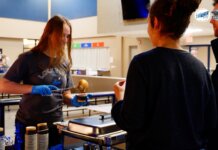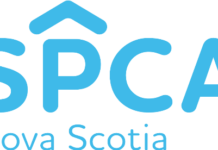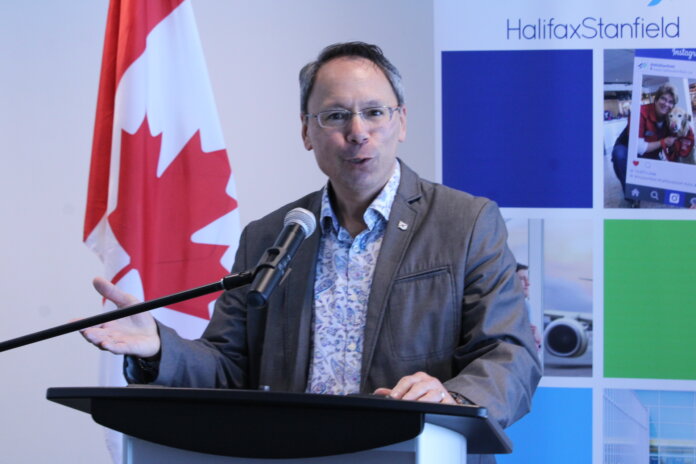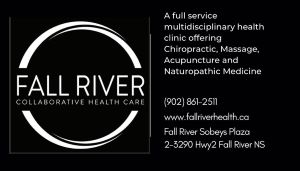HALIFAX: Nova Scotia is training more healthcare workers to provide a diverse range of care in communities across the province. Starting in the 2023-24 academic year, aspiring practical nursing students can learn as part of a Mi’kmaw cohort at the Nova Scotia Community College (NSCC) Pictou campus.
“We’re so pleased to be working closely with Mi’kmaw leaders and community members to create a custom learning experience that will help more Mi’kmaw learners achieve their career goals,” said Advanced Education Minister Brian Wong.
“This is an important part of our responsibility to answer the Truth and Reconciliation Commission’s calls to action and increase the number of Mi’kmaw and Indigenous professionals working in healthcare.”
The cohort will be open to 30 Mi’kmaw learners from across Nova Scotia and falls under the 120 new practical nursing seats the government announced for NSCC in July. This brings the number of practical nursing seats to 390 per year, on average.
Curriculum for the new Mi’kmaw nursing program is in the early stages of development and will be a custom-learning experience developed with a Mi’kmaq and Indigenous lens.
Representatives from Mi’kmaw Kina’matenewey, Tajikeimɨk, NSCC, the Dalhousie Indigenous healthcare in nursing team and the Nova Scotia College of Nursing will all contribute, along with the departments of Advanced Education, Education and Early Childhood Development, and Health and Wellness.
Cohort-based learning allows a group to learn and work their way through a course or a series of courses together, offering a supportive style of learning that helps students succeed.
Quotes:
“Not only do we need more licensed practical nurses across our healthcare system, we need more of them who can also provide culturally responsive care to Indigenous communities and others. In our vision, health providers from all communities are respected, valued and heard. That’s why every effort to support this cohort will be made and I wish them every bit of success.”
– Michelle Thompson, Minister of Health and Wellness
“Working in partnership to support more L’nu students to enter health professions is a positive step that will incorporate Mi’kmaw ways of knowing into healthcare, respond to the needs and strengthen communities across the province.”
– Karla MacFarlane, Minister of L’nu Affairs
“This program is a wonderful opportunity to create healthcare professionals within our communities. Cohort-based programs have long been identified as a best practice for student success. It is very exciting to see more programs work within our communities to provide these valuable learning experiences that work to the strength of our learners.”
– Elizabeth Cremo, Education Director, Eskasoni First Nation
“As a college, we know that offering a cohort with a culturally responsive educational experience founded on Indigenous perspectives, theory and practice will help attract more individuals from the community to the field. The interest and commitment from so many within the Mi’kmaw community in support of this new section is a recipe for equitable success – both for the program and the individuals who apply. I can’t wait to see this program launch so we can train a new group of health professionals so needed in this important caring sector.”
– Jill Provoe, Vice-President, Academic, Nova Scotia Community College
Quick Facts:
— the government announced in 2021 that all nurses graduating from Nova Scotia’s universities and NSCC for the next five years will be offered a job
— in July 2022, the government announced the addition of 200 new nursing seats at post-secondary institutions, including 120 practical nursing seats at NSCC
— in addition to this nursing initiative, Eskasoni First Nation in Cape Breton is offering prerequisite courses through Cape Breton University’s School of Nursing
— this initiative supports the Province’s Action for Health plan solution to “become a magnet for health providers” by investing in education and training opportunities, increasing support for local recruitment efforts and understanding and addressing systemic racism, oppression and discrimination in recruitment strategies.

































